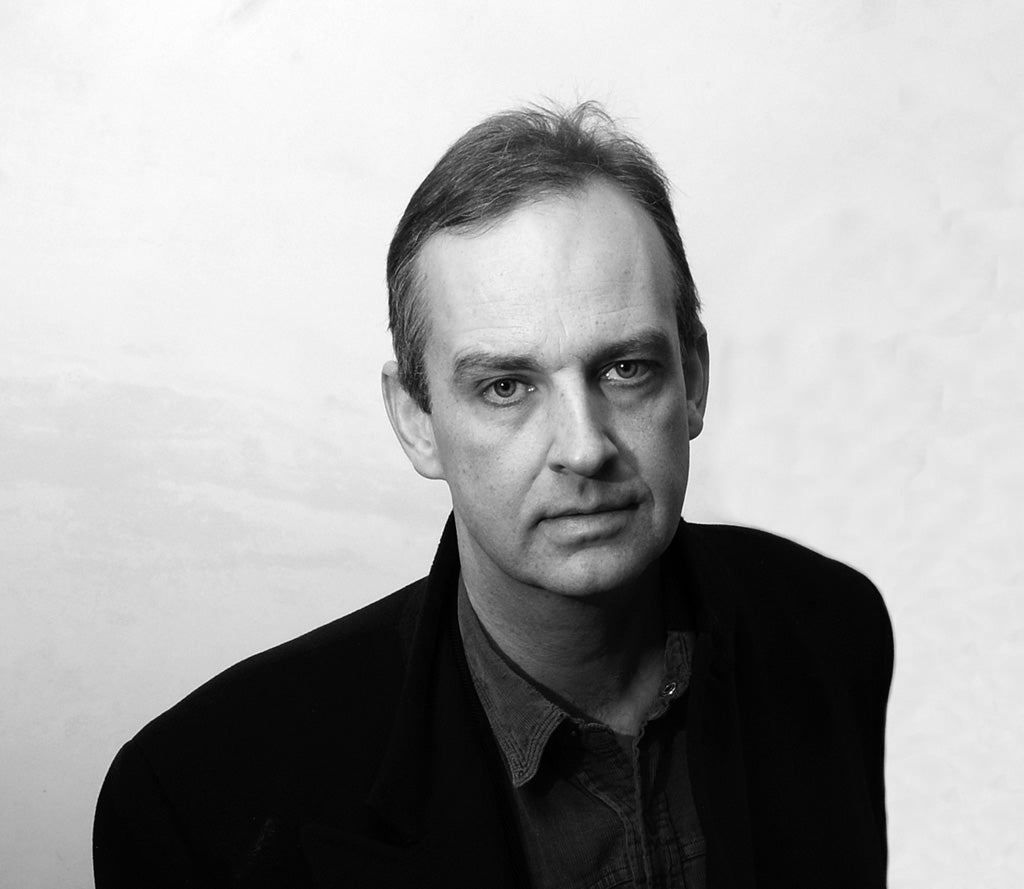Ian Thomson: Jamaica was modern before Britain
To mark Black History Month the author of Dead Yard: Tales of Modern Jamaica talks to Miguel Cullen about the ways Jamaica is punching above its weight

Jamaica is a country that exceeds its limitations. For example India’s GDP is 180 times that of the West Indian country and Jamaica could fit inside it 300 times. Yet Jamaica won twice as many medals at the London Olympics, 12 to India’s six.
Musically it shines beyond its scope too: between the mid-1950s and 2000 Jamaica had produced one new music recording per 1,000 people each year – making it per capita the world’s most prolific generator of recorded music.
Jamaican culture has long been fashionable and on Google Trends, a means of measuring how highly words feature in the search engine. In the list of most-searched countries "Jamaica" comes a tight second to "Russia," a country so big it makes Jamaica look like a minnow.
In view of Jamaica’s small financial and physical scale, it’s logical to think of it as a statistical freak of nature, an anomaly, to have such a broad world standing. How could such a tiny island, which is only this year celebrating 50 years of independence from the UK, compete with superpowers like India and Russia?
It was with this question in mind that, on the eve of Black History Month in the UK, I visited the London home of Ian Thomson, the author of the hugely successful (and controversial) Dead Yard: Tales of Modern Jamaica.
Thomson studied the island intensely over the course of several years, visiting it, poring over its literature, and contacting the Jamaican diaspora in Britain to get the migrators’ viewpoint.
The book won the Royal Society of Literature’s Ondaatje Prize, and the Dolman Travel Book of the Year. It combines serpentine, fragile descriptions of Jamaica’s natural beauty with an unafraid look at the horrors of Jamaican violence, in a way that is intransigent and unique.
“Jamaica was modern before Britain was,” Thomson tells me, sitting in his study overlooking the greenery of Alexandra Park. “What fascinated me about these Caribbean countries was that for me they’re the first modern societies – they were the first countries to have intermingling, mixed race people, across the colour bar.”
“When Jamaicans came to Britain in the 1950s and 1960s, they were often very surprised by the conservative reactions to some of them being mixed race – mixed racing had been going on for centuries in the Caribbean. So in a sense you could say that although Jamaica is in some ways parochial, in other ways it’s incredibly forward-thinking.”
Thomson’s book paints a bleak picture of Jamaica as a post-colonial nation, struggling with huge levels of criminal violence, drug crime, and a petty system of racial hierarchy, based on the self-serving calibrations of British plantation masters.
“Slavery runs through Jamaican life today like the black line in a lobster,” he writes, explaining in our interview: “I think it’s axiomatic that when you have had a slave colony, you are going to have violence today. Because these places are founded on violence – 300 years later the violence can’t have worked its way out – it’s got to be there still.”
“There’s a sense that every (‘on the make’) small-Napoleon drug dealer in western Kingston wants to have a fancy house that’s like a slave mansion – it derives from slavery, I’m sure of it. These days, a lot of people rightly get very fed up with this idea of slavery – ‘It’s over, it’s finished, stop going on about it.’ But I think in a country like Jamaica you can’t ignore it.”
Going back to Jamaica’s Olympic prowess for a moment, we discuss sprinter Michael Johnson who proposed in a Channel 4 documentary a theory: that the various processes that took slaves from West Africa to the slave plantations in Jamaica naturally selected them and their descendants for athletic success.
This theory seems dangerously linear to me, and Thomson agrees. “Surely training has something to with it? I dare say that I trained for hours and hours I’d be a really hot ping pong champion” he says, somewhat immodestly.
Thomson tells me about the first use of the word ‘black’ to reference race – in the ideological sense.
“During the Haitian Revolution, in 1802, Jean-Jacques Dessalines (later the first ruler of independent Haiti) said to the white Polish troops that came over in Napoleon’s army – and defected onto the black side – that they could remain on the island, as long as they referred to themselves as ‘Black’.”
Thomson holds particular love for the way Jamaicans express themselves: the richness of the native vocabulary, its rangy elasticity and speculative verbiage. Thomson compares it to the Irish gift of the gab. Irish, Polish, Jamaican – the combination of races on British soil, laced with the tendrils of Caribbean influence, are certainly giving a new colour to what we mean by black in October 2012.
Subscribe to Independent Premium to bookmark this article
Want to bookmark your favourite articles and stories to read or reference later? Start your Independent Premium subscription today.

Join our commenting forum
Join thought-provoking conversations, follow other Independent readers and see their replies